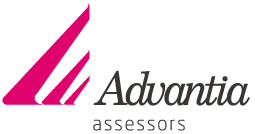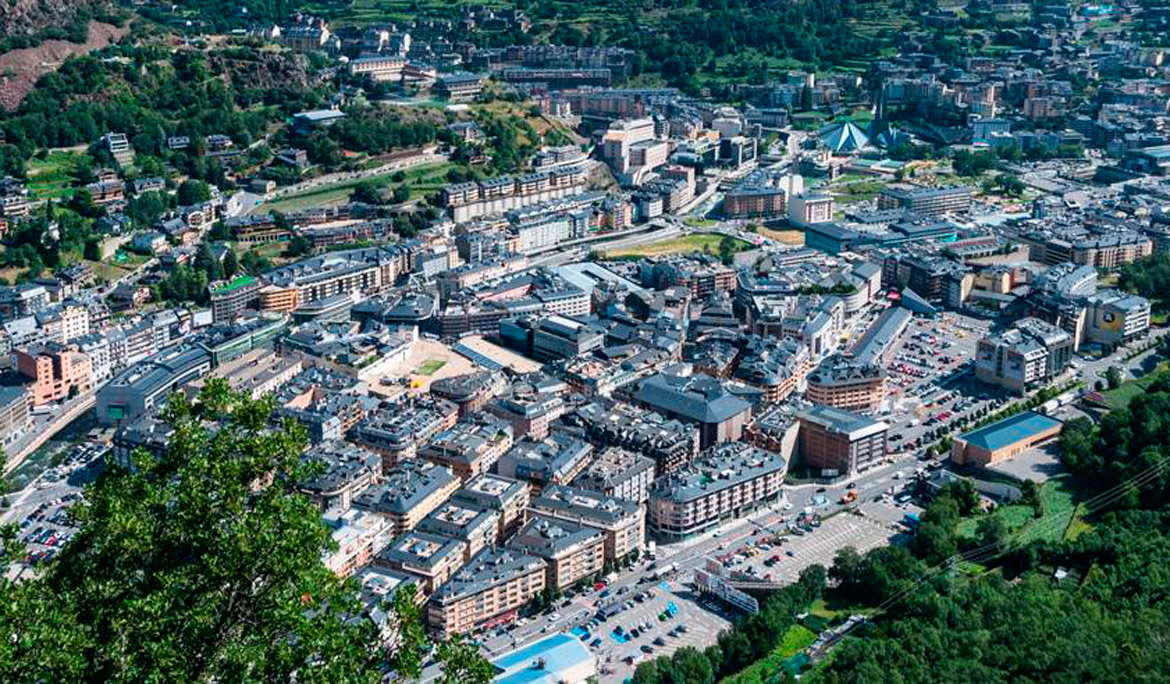Andorra has approved the digital assets law that regulates cryptocurrencies and blockchain technology. More specifically, it is Law 24/2022, of 30th June, governing the digital representation of assets by means of cryptography, distributed ledger technology and blockchain.
The purpose of this law is to position the country as a reference in new technology and as an attractive place for foreign companies and investors who want to establish themselves with projects connected with this area. To that end, the Government has created this law to support them and to allow the development of their businesses in this sector in complete security.
Table of contents:
- 1. Digital assets law and blockchain
2. Benefits of applying blockchain and DLT technology
3. What does the digital assets law regulate?
4. The regulatory body
5. Blockchain conferences in Andorra
1. Digital assets law and blockchain
With this law, Andorra becomes one of the first in the region to regulate blockchain and digital assets, thus gaining a competitive advantage over other countries. The Principality offers, in addition to advantageous conditions for residence and for setting up a company, the best conditions for attracting innovative companies working with this type of technology. The law guarantees them a strong and secure legal framework which encourages innovation, and a type of regulation that guarantees the protection of personal data, electronic contracting and the protection of investors, thus preventing market abuse.
Andorra wants to take the lead in regulating this type of technology to make it easier for companies to implement it. The goal is to become a pole of attraction for talented foreign private investors and new business models.
Horitzó 23
Finding new sectors is one of the goals of Horitzó 23, a plan designed by the Government in 2020 with the aim of re-activating the economy after the crisis caused by COVID-19. The main axes of the Horitzó 23 programme are digital transformation and economic diversification, finding new business models and reducing the country’s dependence on traditional sectors. The digital assets law is therefore a starting point that will make the economy grow. Read our article about the Horitzó 23 plan.
2. Benefits of applying blockchain and DLT technology
The aim of this technology is to improve processes and to reduce operating costs within an environment that is best suited to transactional systems and applications. Digital identity, ‘smart’ contracts and other types of technology that will be used by DLT (Distributed Ledger Technology), such as robots, AI, or VR/AR, will open the door to new systems of value exchange and financing that are more flexible and adaptable to new technological developments.
In its study ’Banking on blockchain: a value analysis for investment banks’, the consulting firm Accenture states that investment banking can reduce its compliance costs by 30-50% by 2025, thanks to DLT.
In this way, digital identity, ‘smart’ contracts and new forms of business financing gain relevance in the exchange of values in a more secure, efficient and less costly way, with advantages for all participants in Andorra’s technological ecosystem within the new DLT/Blockchain environment. In this article we explain the progress made by Andorra in the past towards the creation of the new law.
3. What does the digital assets law regulate?
The new digital assets law aims to create a legal framework in Andorra that allows companies to use new technology such as DLT and blockchain with the protection of secure legislation that establishes principles of trust.
The main characteristics of the digital assets law are:
- It defines the taxonomy and nomenclature which it uses, thus aiding understanding and acceptance, and facilitating its implementation in the Andorran digital market. More specifically, its regulation of token and digital asset issues establishes a procedure by which the various authorised agents can finance their issues, taking into account the purposes for which they are required.
- It regulates publicity procedures, digital representation, licensing and categorisation according to their nature (utility or security), as well as future decentralised funding protocols (“DeFi”).
- It allows the creation of the Andorra Digital Exchange, or “AndorraDex”, as a trading platform for digital assets.
- It provides a regulatory framework for stablecoins and the collateralised assets that can back them.
- It contains an additional provision to protect the national electricity system.
4. The regulatory body
The AFA, the Andorran Financial Authority, is the regulatory body in which participants who wish to start an activity connected with digital assets will have to be registered. The Andorran Financial Authority will sanction the activity if necessary, and will also supervise it..
5. Blockchain conferences in Andorra
The Principality has a blockchain association that organises talks and conferences with experts. At the last conference, they discussed how the new digital assets law can attract new business opportunities for the Principality.
The digital assets law and the e-sports law, added to the Principality’s competitive advantages and good geographical location, give Andorra significant advantages over other countries in terms of attracting new companies and investors working with these types of technology. The Principality’s efforts to offer regulatory frameworks which provide security, and which also support these new business models, will surely be a point in its favour in the years to come.



